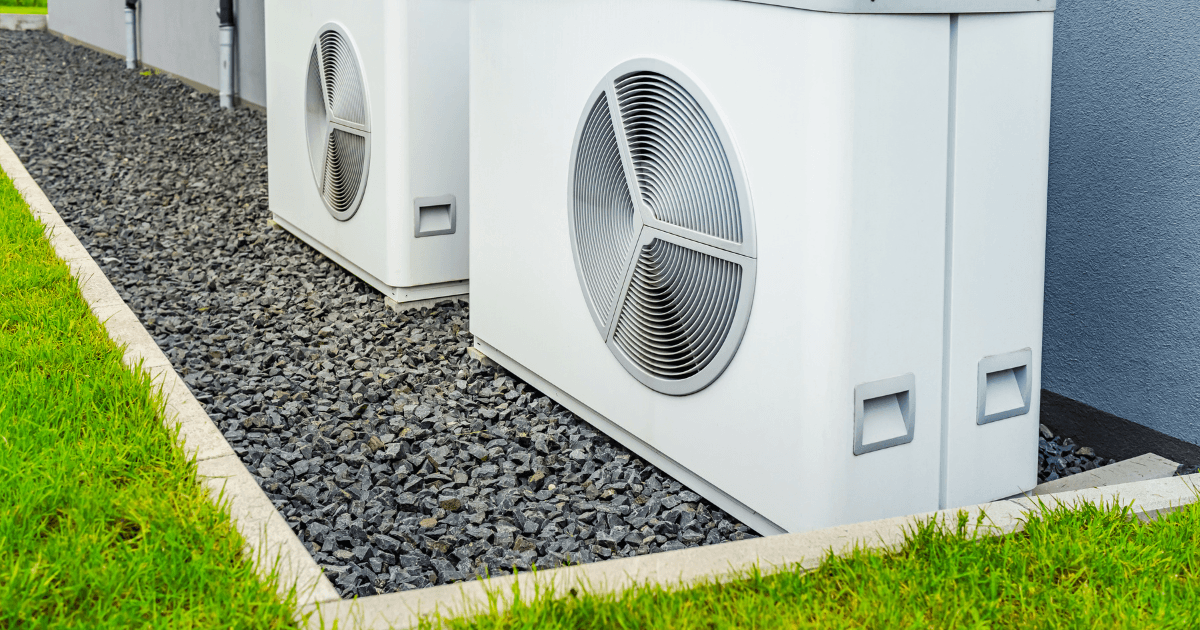Home battery systems have emerged as a transformative solution for households seeking to reduce their carbon footprint and energy bills. But what exactly are home battery systems, and how do they function? In this comprehensive guide, we'll delve into the intricacies of home battery systems, exploring their workings, benefits, and considerations for installation.
What are home battery systems and how do they work?
A home battery system stores electricity generated from renewable sources or the grid during off-peak hours. It then releases this stored energy during peak demand periods or when renewable energy generation is low. Typically, these systems consist of lithium-ion batteries connected to a smart energy management system.
Should a home battery system reduce my energy bills?
Home battery systems can help reduce energy bills by allowing you to use stored electricity during peak times when electricity rates are higher. Additionally, if you generate your own electricity from solar panels, a battery system can store excess energy for use during the night or cloudy days, further reducing reliance on the grid.
How much can I save with a home battery system?
The amount you can save depends on factors such as your energy usage, electricity rates, and the size of the battery system. On average, homeowners can save hundreds of pounds per year on energy bills by utilising a home battery system effectively.
What is the cost of installing a home battery system?
The cost of installing a home battery system varies depending on factors such as battery capacity, brand, and installation requirements. Generally, prices start at around £2,495 for a 5kW battery. However, with government incentives and decreasing battery costs, the upfront investment is becoming more affordable.
It is also worth noting you may need to upgrade your inverter to manage the battery which often adds more to the final price.
Which are the best home battery system brands?
Several reputable brands offer home battery systems, including Tesla, Solax, GivEnergy, and Fox. Each brand offers different features, such as battery capacity, warranty, and compatibility with solar panels. Researching and comparing these brands can help you find the best fit for your home.
Are home battery systems noisy?
No, home battery systems are virtually silent during operation. Unlike traditional generators, which produce noise and emissions, battery systems operate silently, making them suitable for residential environments.
Should I install solar panels with a home battery system?
Pairing solar panels with a home battery system is highly beneficial as it allows you to maximise energy savings and reduce reliance on the grid. Solar panels generate electricity during the day, which can be stored in the battery for use during peak hours or at night when solar generation is unavailable.
How do I determine the right size of the home battery system for my needs?
Determining the appropriate size of a home battery system involves assessing your household's energy usage, peak demand periods, and goals for energy independence. Consulting with a qualified installer can help you calculate the ideal size based on your specific requirements.
Are there any grants or incentives available for home battery systems?
The government recently reduced the VAT from 20% to 0% for home batteries and some utility companies offer incentives or rebates for installing a home battery systems. These incentives can help offset the initial cost of installation and make home battery systems more affordable for homeowners.
Octopus for example allow you to buy electricity for under 20p in the evening and some providers will allow you to sell back electricity to the grid for over £2.00kW such GivEnergy’s scheme.
Will I need to upgrade my electrical system to install a home battery system?
In most cases, existing electrical systems are compatible with home battery installations. However, it's essential to consult with a professional installer to assess your current electrical setup and determine if any upgrades or modifications are necessary to ensure safe and efficient installation.



